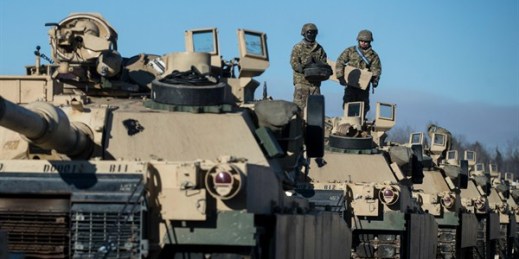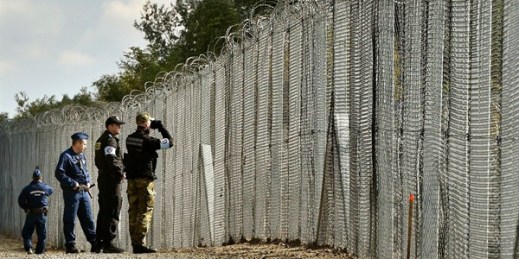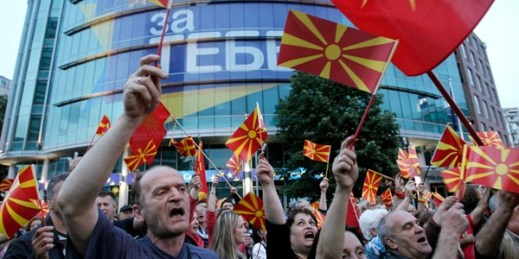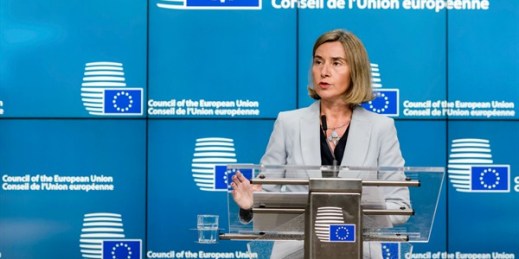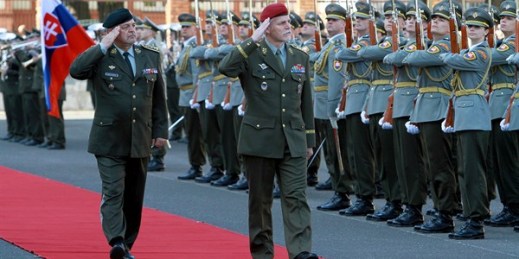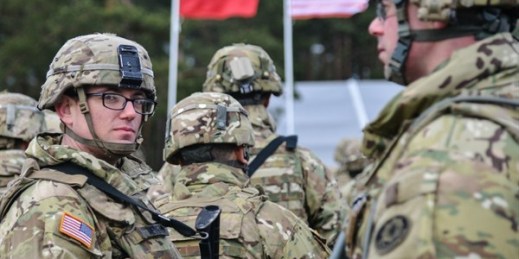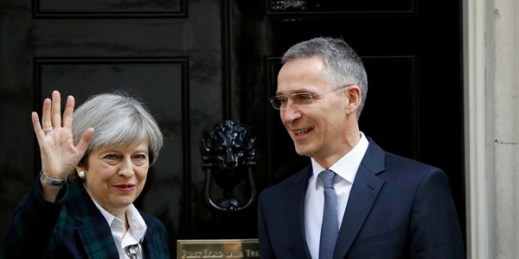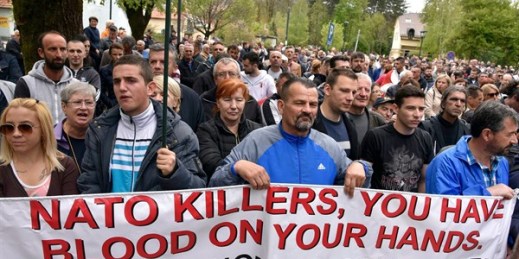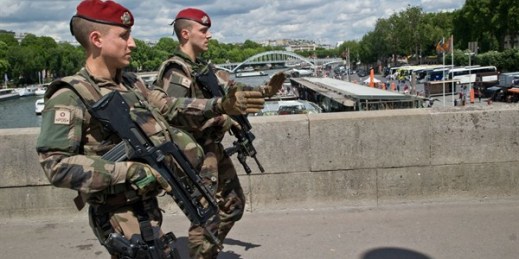
Editor’s Note: This article is part of an ongoing WPR series about NATO members’ contributions to and relationships with the alliance. France’s new president, Emmanuel Macron, is expected to continue the NATO policy of his predecessor, Francois Hollande. There is support within the French defense establishment to increase defense spending to reach the alliance’s target of 2 percent of GDP, and Macron maintains that France will do so by 2025. Yet despite this consensus, there remains debate within France over what the country gained and lost by reintegrating into the alliance’s chain of command in 2009. In an email interview, […]

